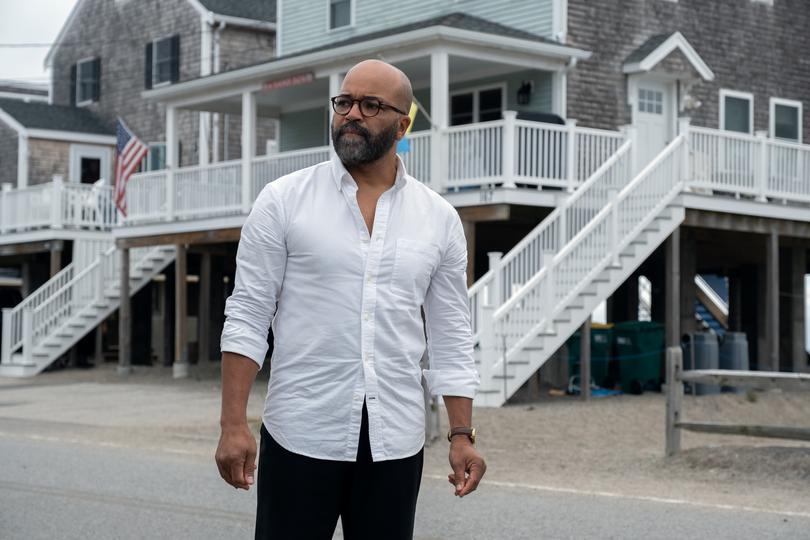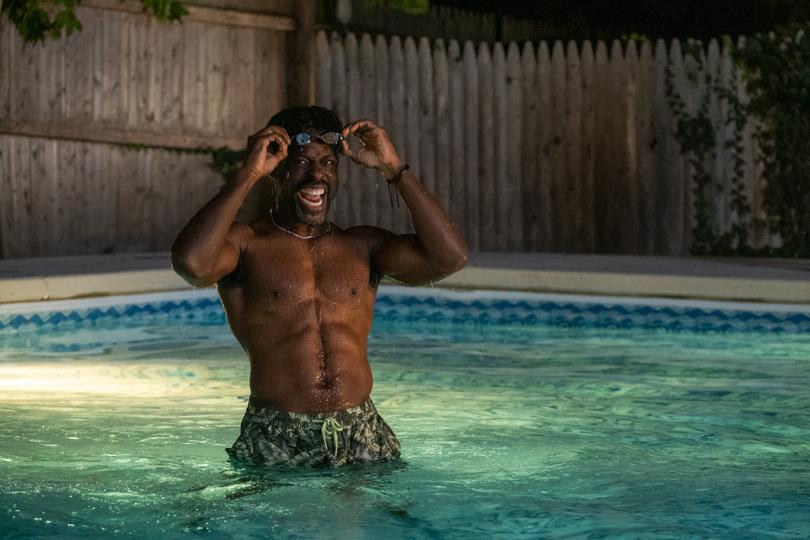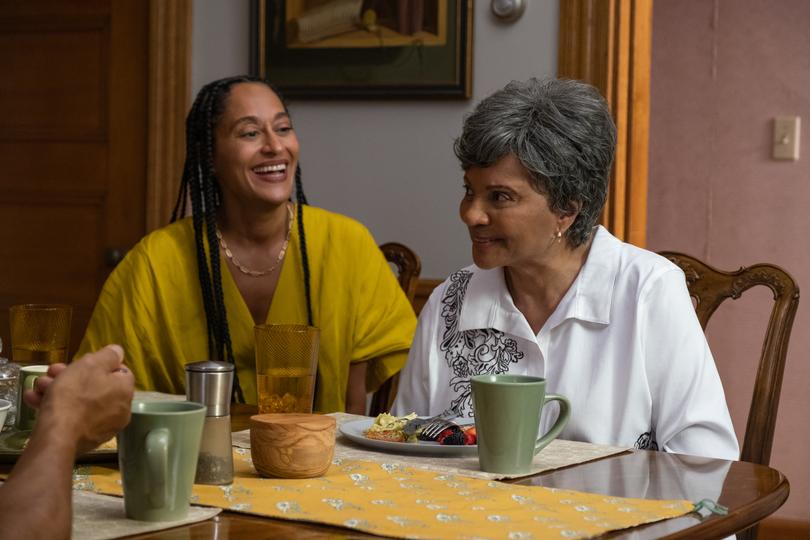American Fiction review: Blistering comedy about truth and lies
Smart and provocative, five-time Oscar nominee American Fiction is damn funny.

It’s a great shame that the blistering Oscar contender American Fiction didn’t get a cinema release in Australia because this is exactly the kind of film you want to enjoy in the company of others.
It doesn’t have the massive visual effects nor action set-pieces which demand a big screen and surround sound. But American Fiction is damn funny and that’s always a collective experience. It’s also a movie you’ll want to talk about – and immediately – because it’s packed with debatable ideas and authentic emotions.
What was that ending, you’ll be dying to ask your viewing companions.
Sign up to The Nightly's newsletters.
Get the first look at the digital newspaper, curated daily stories and breaking headlines delivered to your inbox.
By continuing you agree to our Terms and Privacy Policy.Anchored by a tour de force performance from Jeffrey Wright, writer and first-time director Cord Jefferson’s film is a confident work that delights in exploring thorny concepts through humour and clear-minded irreverence.
The film is never as highfalutin as its lead character, author Thelonious “Monk” Ellison, considers himself to be. Monk is the kind of literary writer that throws “airport book” as an insult at a colleague who has had more commercial success than him.

When his writers festival panel attracts only eight audience members, Monk hears about a rival session featuring a new sensation, Sintara Golden (Issa Rae), a young black female writer whose book, “We’s Lives in Da Ghetto” traffics in what he considers to be reductive stereotypes about African-American communities.
He’s equally incensed when his books are catalogued under African-American studies at the chain store, just because he’s a black writer. His churlish attempt to correct the powerless shop assistant is equally cringe and hilarious.
A crusader of one, Monk wants to prove a point so under the nom de plume of Stagg R. Leigh. he writes a book that has a “deadbeat dad, rappers, crack and he gets killed by cops in the end, that’s black, you can’t get more black than that”.
His agent Arthur (John Ortiz) thinks Monk has lost his mind but obligingly sends it out to publishers all the same. It’s a hit and a bidding war starts. One publisher likens it to the “proletariat vernacular” of Irvine Welsh.
Staring at the biggest advance he’s ever been offered and with mounting bills for his mother’s (Leslie Uggams) healthcare, Monk accepts.
He and Arthur perpetrate a literary hoax, giving Stagg R. Leigh a backstory in which he is a hardened felon and fugitive.
American Fiction, which Jefferson adapted from Percival Everett’s book Erasure, is a playful deconstruction on authorial authenticity through the lens of American race relations.
Monk argues that white people don’t want substantive change or to know the truth about the black experience, they just want to be absolved of their complicity by upholding stories of suffering as “urgent” and “raw”.

American Fiction is more nuanced in its take than how its main character views everything. It’s significant that Monk comes from an upper middle-class family of doctors (Sterling K. Brown and Tracee Ellis Ross play his brother and sister), they own a beach house, and he reads The Atlantic and wears Paul Smith socks.
Monk’s perspective is coloured by his own specific experiences. The movie is conscious of aspects of class as well as race. While it’s provocative, American Fiction is never a lecture.
As entertaining as the literary hoax part of the story is, the film’s emotional foundation is actually a very moving family story. Monk’s return home to his ailing mother runs parallel to the hoax plot and he’s forced to confront why he was originally so eager to move to the other side of the country.
Why does he keep people at a distance, and does his contempt for others stem from his lack of meaningful connections? Is that why he views things in binaries?
That’s also tested when he strikes up a relationship with a neighbour, Coraline (Erika Alexander), who professes to be a fan of his novels.

The literary hoax element grabs the headlines but the personal story is just as effective, especially once the story dives deeper into their family’s past. There’s an offhanded comment from his brother Cliff when Monk briefs him on the cost of the better nursing homes, “Why are you looking at the best ones? She wasn’t the best mother”.
The two strands are interlaced and Wright’s perfectly calibrated performance in a richly rewarding role is a marvel. He’s biting when he needs to be and subtle when the moment demands it.
American Fiction is never heavy-handed about serious subjects. It’s both clever and affecting and that is an extremely difficult balance to strike.
Rating: 5/5
American Fiction is streaming on Amazon Prime Video

